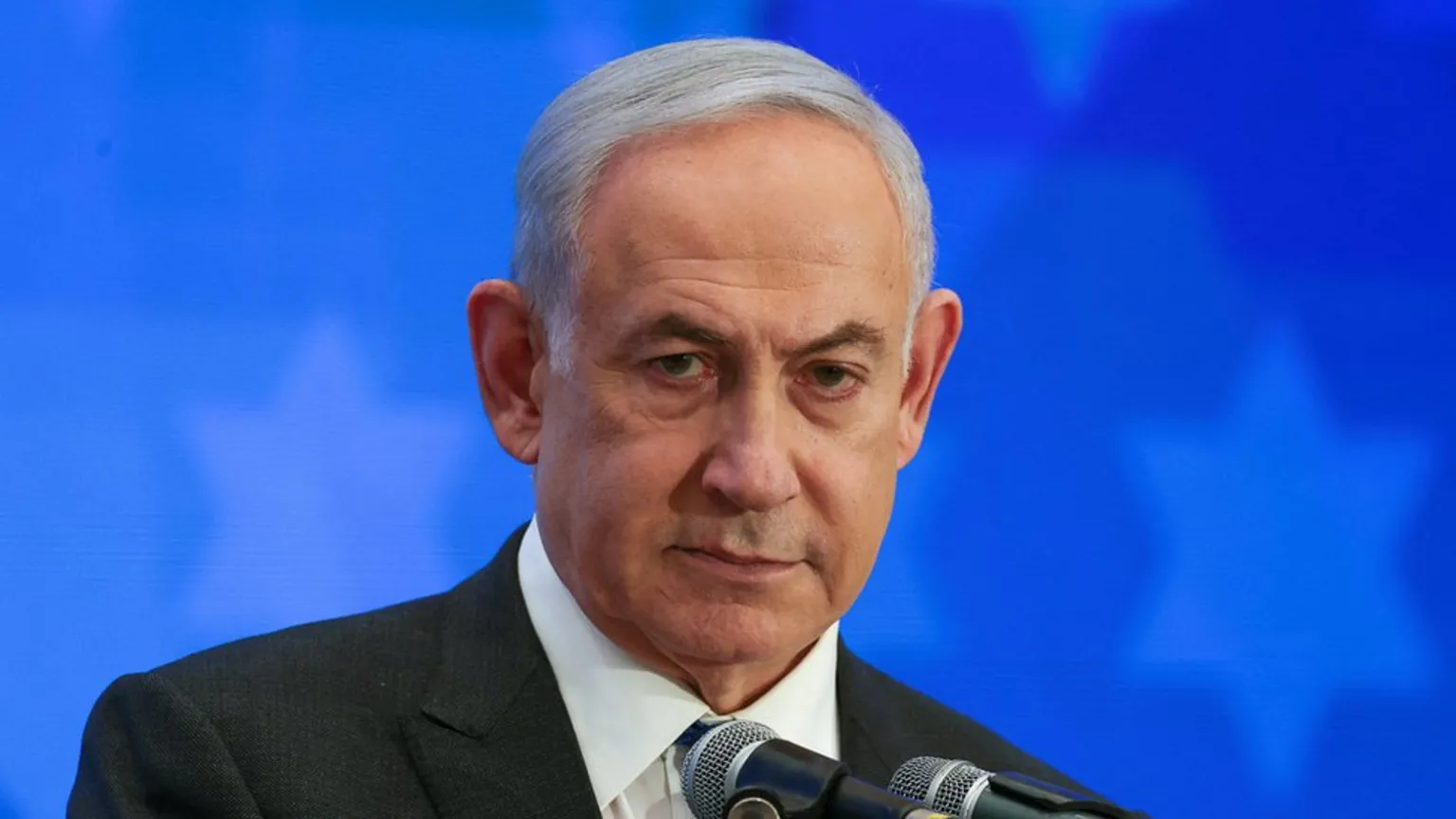Source: BBC
Israel’s prime minister is to meet top officials to prepare for a possible attack by Iran, local media say.
Tensions are high over the possibility that Tehran will retaliate for an air strike that killed senior Iranian commanders nearly two weeks ago.
Several countries have now warned their citizens about travelling in both countries.
US officials have told CBS News, the BBC’s US partner, that a major attack on Israel could happen imminently.
Prime Minister Benjamin Netanyahu is expected to meet members of his war cabinet, including Defence Minister Yoav Gallant and opposition figure Benny Gantz.
One US official CBS spoke to warned Iran could use more than 100 drones, dozens of cruise missiles and possibly ballistic missiles.
These would reportedly be aimed at military targets in Israel in a strike Israel would find “challenging” to defend against.
The official added that there was still a possibility Iran could decide to hold back.
“I can’t speak to the size, scale, scope of what that attack might look like,” US National Security Council spokesman John Kirby said on Friday, adding that the Iranian threat was “credible” and that Washington was “watching it as closely as we can”.
President Joe Biden has already promised Israel his country’s “ironclad” support in the event of an Iranian attack.
The mounting tensions have led countries including the US, UK, India and Australia to warn against travelling to Israel.
The US State Department also barred diplomatic staff and their families in Israel from travelling outside of the cities of Tel Aviv, Jerusalem and Beersheba.
The possibility of an Iranian attack has led to concern and anxiety in Israel. But the government has not issued any new advice to the population on top of existing guidance to stock up on water, food for three days and essential medicine.
Israeli radio, however, reported local authorities had been told to prepare for the possibility of an attack, including by assessing the readiness of public shelters.
Last week, amid the first indications an Iranian response was possible, the Israeli military cancelled home leave for combat troops, bolstered air defences and called up reservists.
Thirteen people were killed in the 1 April missile strike on the Iranian consulate in the Syrian capital Damascus.
They included senior Iranian military leaders, among them Brig Gen Mohammad Reza Zahedi, a senior commander of Iran’s elite Quds Force in Syria and Lebanon.
Israel has not commented, but is widely considered to have carried it out.
The current war was sparked when Hamas attacked Israeli communities near the Gaza Strip, killing about 1,200 people, most of them civilians, and taking more than 250 hostage. Israel says that of 130 hostages still in Gaza, at least 34 are dead.
More than 33,600 Gazans, the majority of them civilians, have been killed during Israel’s retaliatory campaign in Gaza, the Hamas-run health ministry says.
The conflict has also seen Israel trade almost daily fire across its northern border with the Iran-backed Lebanese group Hezbollah, while Iran-backed groups in Iraq and Yemen have attempted to hit Israeli territory as well as US bases in Iraq and Syria.
Yemen’s Houthi movement has also attacked shipping in the Red Sea, sinking at least one ship and prompting the US and UK to launch missiles against the group.




